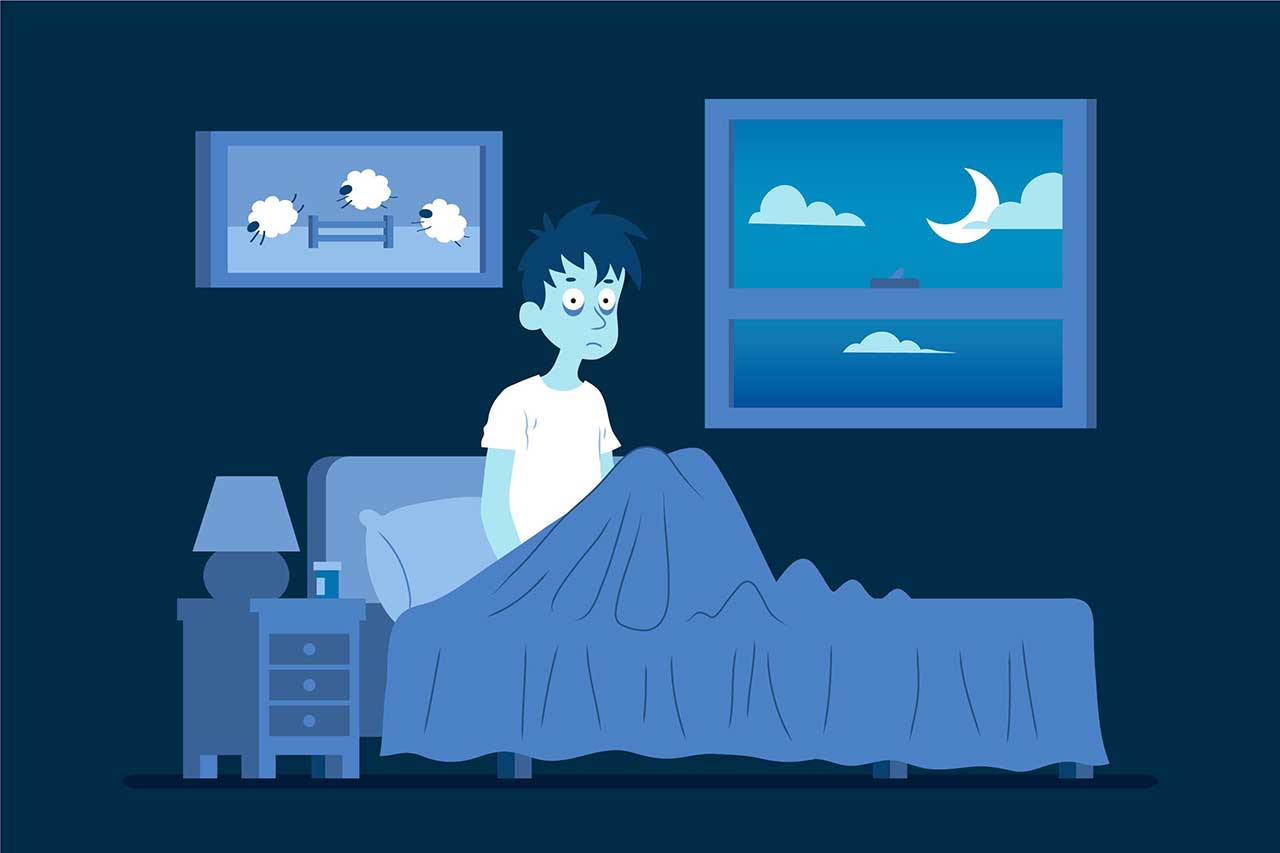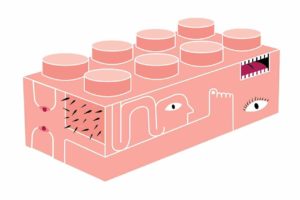According to traditional Chinese medicine, anyone who always wakes up at the same time at night is receiving an important message from their body. In an interview, sleep physician Dr. Feld explains what this so-called body clock is all about.
Anyone who wakes up at a certain time every night regardless of bedtime should take a closer look. According to Traditional Chinese Medicine (TCM), the body could be sending important signals.
The blame is on: the so-called Chinese body clock, which assigns a specific organ to each time of day and is an important diagnostic tool in TCM.
Observing Symptoms Of The Body
The body clock was developed by the Chinese over thousands of years by closely observing and documenting health complaints within human cycles.
The focus of TCM is mainly on the symptoms that a patient shows, as well as on the direct treatment of these. This is also where the fine sensing of acupuncture points comes from, as well as other TCM approaches – such as the body clock.
This Is How The Body Clock Is Read
According to this thousand-year-old teaching, all body organs and functions are assigned a specific time of day or night.
In TCM, each organ has its maximum energy at a certain time of day – if you wake up at that time, your body sends important signals accordingly.

21-23 pm: This is the time of the triple warmer, which is not an organ, but rather describes the interaction of the energy cycles according to TCM, which come to rest in the evening.
Blood pressure and pulse rate decrease, and the digestive organs go into the recovery phase. This is a good time to read, meditate or spend time with loved ones.
Those who go to bed early and wake up again and again might feel under pressure and should do something about stress as well as relaxation. Late meals can also disturb sleep and should be avoided.
11 pm-1 am: This is the gallbladder’s hour and it is time to go to bed. Pulse, blood pressure and cortisol levels drop and the skin regenerates.
Alcohol and heavy meals has a particularly negative effect during gallbladder’s hour and should be avoided.
1-3 am: During these hours, the liver detoxifies the body – if you’ve had too much to drink in the evening, you’ll probably be tossing and turning in bed during this time.
Alcohol-free evenings and liver-supporting foods like a green tea before bed do wonders.
3-5 am: The lungs are cleansing themselves – sleeping with the window open can help this process.
If you often wake up from your own cough during this time, consider how your lungs are doing: are cigarette or allergies causing a problem? The body also draws attention to insufficient fluid intake through the coughing stimulus.
5-7 am: According to the Chinese body clock, the body is now already thinking about waking up and gets the organism in the right mood with increased cortisol release. This also stimulates the bowels, which drives many to the toilet.
If you drink a glass of lukewarm water first thing in the morning, you can support your digestion and start the day with ease.
7-9 am: Now the body is ready to eat some food. TCM recommends a light warm morning meal, for example porridge with cinnamon and steamed fruit.
Did you know you have certain points on your feet that might help you solve few problems? Click here to check out “Foot Reflexology Card” on Amazon.
You should be focused on breakfast instead of negative news or work preparations so that the day starts relaxed and full of strength.
Body Clock Can Give Important Clues
“If you look at the body clock, it’s actually the case that there are certain associations with body physiology at night,” Dr. Feld explains. “For example, the liver has an increased metabolism at night – it works more than it does during the day.”
According to the Dr. Feld, the organ clock has correct approaches, except that the times are very strictly assigned. “It is not so precisely fixed in reality.”
Times Are Too Strict
“In the body clock, for example, you see the liver between one and three. But in reality, that depends on when you go to bed and what was eaten before.”
It is also roughly fitting that there are more asthma attacks in the early morning hours because the bronchial tubes are constricting due to the low cortisol level.
What must not be forgotten: In the body clock, it is not always directly the organ that is meant, but the meridian. In other words, the “pathways” that run through the body.
Stress Robs You Of Sleep
So the body clock can indeed provide clues to a health problem. However, there are other reasons why people always wake up at a certain time – Dr. Feld cites “stress” above all.
“The body can also remember that it always wakes up at four o’clock, for example, completely without any reason” explains Dr. Feld.
However, organic reasons should nevertheless not be ruled out and these could be the following:
- Reflux in the early morning hours due to rising stomach acid.
- Breathing difficulty as the bronchial tubes become narrower.
- Increased snoring when the muscles relax the most during the morning REM sleep phase.
“Relax Properly, Sleep Better” – Dr. Feld
To get the best possible good night sleep, a few simple rules might help, Dr. Feld mentions;
“Put your mobile phone down and the TV out of the bedroom!” The high blue-wave portion of the screens inhibits the production of the sleep hormone called “melatonin”. What is better: a relaxed atmosphere with cozy, warm light.
“Try to relax in general. Don’t think too much about sleeping and avoid constantly looking at the clock,” advises Dr. Feld.
Rituals, such as a soothing tea or a book before falling asleep, can also have a positive effect. The body begins to relax through the repetitive process. Regular bedtimes can also help.













